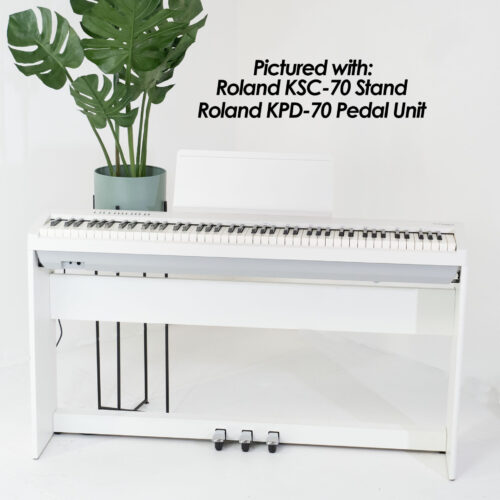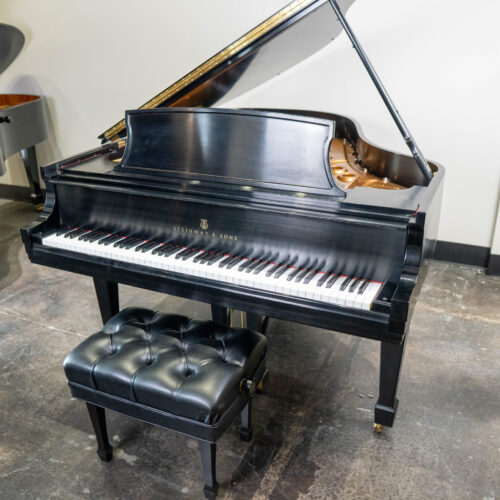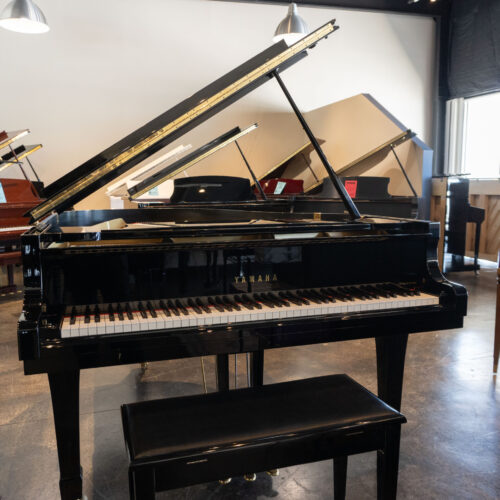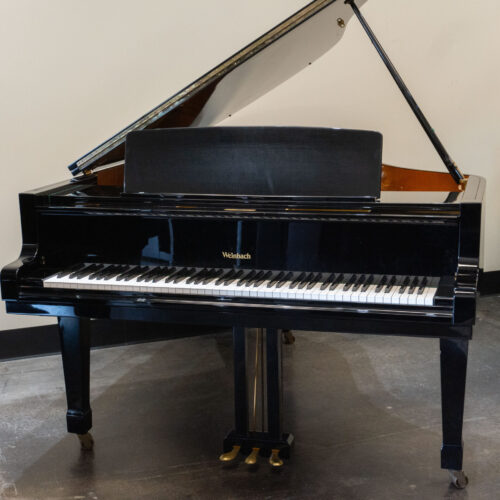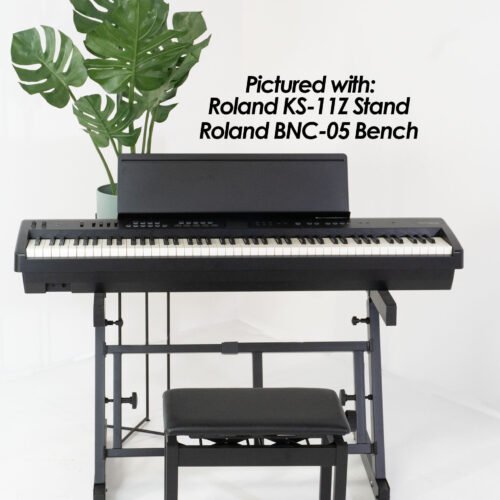Everyone needs some guidance when learning to play the piano. Sometimes, most beginners don’t know that what they’re practicing are common piano playing mistakes. Let’s take a look at 10 mistakes to avoid when learning piano:
1. Not Practicing the Fingering
A common mistake that many beginner piano players make is not practicing the correct fingering. Although most beginners know they need to follow the proper fingering, they don’t. Why is this? Because it may not feel necessary. However, starting to learn the piano and practicing the correct fingering will benefit you when learning harder music. You’ll be able to adapt quickly and not have to learn the proper fingering then. Starting good habits now will help you in the long run.
2. Thinking Notes and Keys Are the Same
Contrary to popular belief, notes and keys are not the same things. Make sure that you know that keys are on your piano, and notes are on your page. Notes can be written in many different ways and forms!
3. Playing Everything Too Fast
Another common mistake for beginners is to play their music too fast. It may make a beginner feel more advanced in their piano skills when playing a song very fast, but it may not sound the best in reality. Most songs have a specific tempo they were written in, and sticking closely to the original tempo to the song you’re learning will make the music you’re producing a beautifully played sound. If you struggle to keep tempo, try using a tempo app to download onto your device.
4. Ignoring the Scales
For many beginners, learning scaled might seem boring and mundane. However, learning scales is an essential part of learning the piano. If anyone wants to become moderately proficient in piano, they will eventually need to know their scales. Learning scales will also benefit you in your ability to sight-read and improve your skill.
5. Getting Frustrated Quickly
Yes, we’ve all been there. Trying to learn the piano or a new song, and getting frustrated by seeing little to no progress. However, it’s essential to keep a healthy mentality of knowing that the piano is a historical and beautiful instrument that may take time and patience to master. For many, learning the piano could take a year, or maybe 10!
It can be easy to be hard on ourselves as musicians when we see no growth and quickly give up. Rather than giving up, keep being consistent in your learning, and be patient. You WILL see results when you approach your instrument with this mentality. This topic takes us to our next point:
6. Practicing Inconsistently
It can be tempting to cut your daily practice sessions shorter and to skip a few days. Although everyone needs a break now and again, don’t make the mistake of being inconsistent with your practice! Instead of taking random breaks, schedule them into your practice schedule. As we like to say, practice makes progress. So if you’re not making much progress, make sure to have a set practice schedule.
7. You’re Not Performing
Yes, we mean it. Performing and playing the piano in front of people can be nerve-wracking even if it’s your mom. However, pushing yourself out of your comfort zone and beginning to perform in front of others will launch you onto a new level of your piano playing journey. Even if your end goal is not to perform with your piano, this step can be essential in growing you and maturing your piano skills. So next time you have the chance, perform a quick song in front of your best friend, mom, brother, etc.
8. Not Recording Yourself
If you have nobody to perform for, you need to record yourself. Recording yourself playing will make you point out and improve your posture, how you sound, the volume you’re playing at, your tempo, etc. Although you might cringe at yourself the first few times, recoding yourself playing the piano will help you hear and point out what you need to practice and improve.
9. You’re Playing Music, Not Practicing
Playing music on the piano and practicing is not the same thing. Although it’s good to exercise both, your practice time with your piano shouldn’t always sound so pretty. Instead, It should sound like you’re working on and breaking down each part of the song. This way, you will get better quicker.
10. You’re Not Taking Lessons
Although the idea of teaching yourself the piano is nice, most times, we need someone to coach and guide our progress. If you need a set schedule and new challenges but aren’t sure where to begin, take advantage of free lessons with Sherry on our Facebook page daily!
Free lessons online are the way to go, and having Sherry as your instructor will benefit you immensely. If you want to see all the available lessons, visit Lessons With Sherry. For Monday-Friday live lessons, visit our Facebook page.
Conclusion
We hope you enjoyed reading about the 10 mistakes to avoid when learning piano. Remember to stay consistent and strive to push yourself out of your comfort zone, and you will see progress!
If you’re interested in buying a digital Yamaha piano, we are open! Our hours are Monday-Saturday from 10 am to 6 pm. We are happy to help you in person again, using all the guidelines we have been provided. We are here for you

